Nizhny Novgorod: England v Panama host city hides a dark history – and a UK connection
Margaret Thatcher visited the city, associated with military secrecy and exiled dissidents, amid a wave of post-Soviet era optimism – but those hopes proved unfounded. Now residents hope the spring clean ahead of England's game on Sunday will translate into a lasting rejuvenation
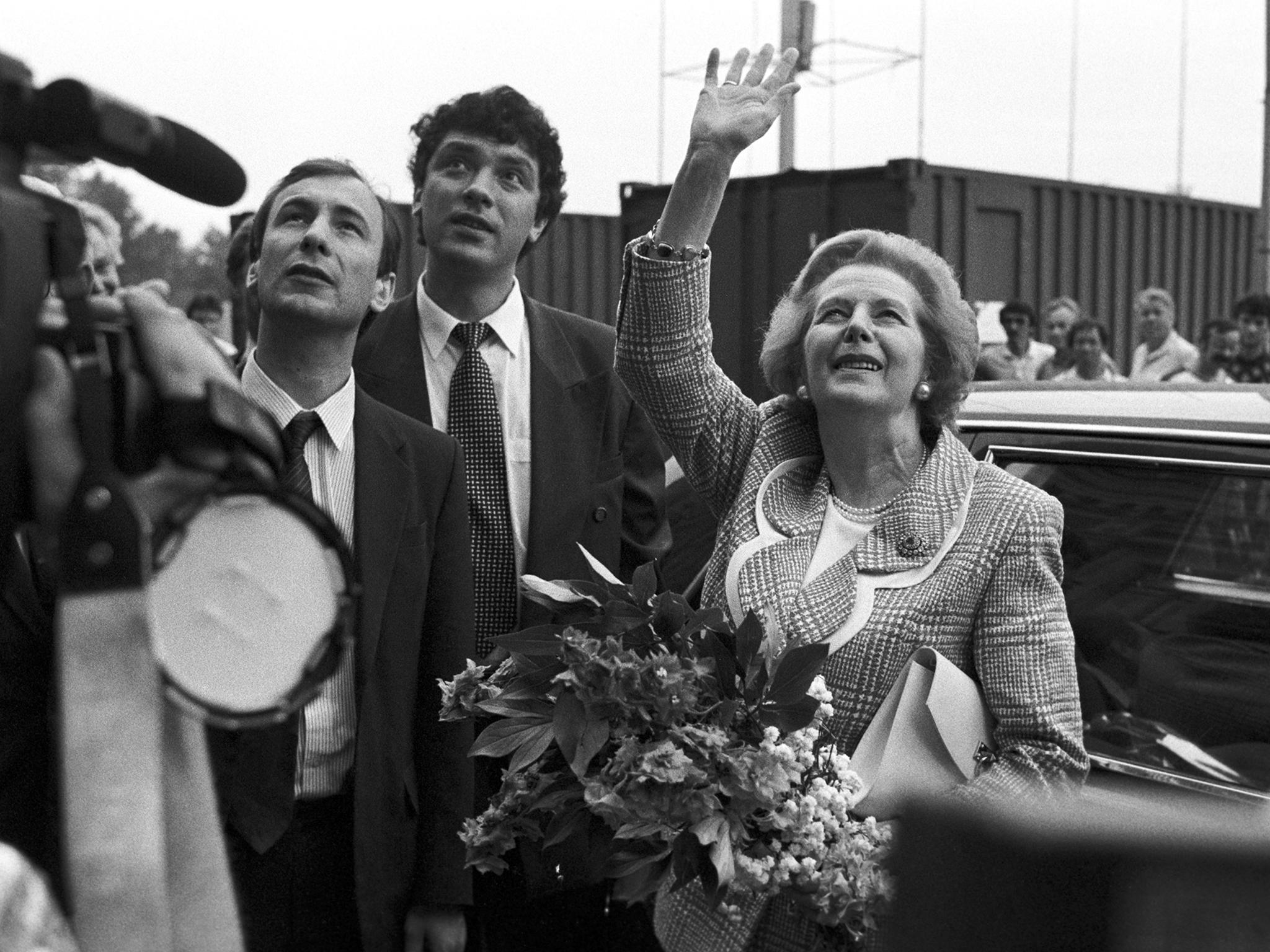
Your support helps us to tell the story
From reproductive rights to climate change to Big Tech, The Independent is on the ground when the story is developing. Whether it's investigating the financials of Elon Musk's pro-Trump PAC or producing our latest documentary, 'The A Word', which shines a light on the American women fighting for reproductive rights, we know how important it is to parse out the facts from the messaging.
At such a critical moment in US history, we need reporters on the ground. Your donation allows us to keep sending journalists to speak to both sides of the story.
The Independent is trusted by Americans across the entire political spectrum. And unlike many other quality news outlets, we choose not to lock Americans out of our reporting and analysis with paywalls. We believe quality journalism should be available to everyone, paid for by those who can afford it.
Your support makes all the difference.As the city of Nizhny Novgorod prepares to welcome an army of English fans to town, plenty of its residents are casting their minds back to a distant sunny afternoon in June.
It was 1993 when a reforming Russian governor and a former British prime minister walked down the city’s main Bolshaya Pokrovskaya Street. That now seems a lifetime away. Not only because both main characters are now dead: Boris Nemtsov, murdered in the shadow of the Kremlin three years ago; Margaret Thatcher in slightly more peaceful circumstances. But also because both city and country have departed for alternative galaxies.
The documentarian Yuri Nemtsov (no relation to the slain politician) says he remembers the summer’s day clearly. He was not the only person to feel pride at the “young, beautiful people” on Lenin Square in his city, he says. But looking back was not an easy thing: “It was a short period, far too short. We were in that free moment just after the collapse of the Soviet Union, but before the shelling of the White House in October 1993, and war in Chechnya a year later. You felt the winds of change would never go away. We thought our city had a future.”
It is not clear if the idea of visiting the once-closed city came from the embassy or Thatcher herself. But the logic of the visit was clear enough. Nizhny Novgorod’s governor, swashbuckling, handsome, charismatic Boris Nemtsov, then just 32, was a pioneer of Russian privatisation. At this point, his career was on the up. He was touted as a future president, rather than the marginalised opposition figure he later became in Putin’s Russia.
Things in 1993 were still basic, and the shortage economy prevailed. The retail outlets the former British leader visited that day had hardly moved on from their limited Soviet inventory. But there was one big difference. The milk shop, the meat shop and the bread shop along the main city drag had all recently been privatised. And all that, apparently, greatly pleased Mrs Thatcher.
Nina Tsarenko was the woman who took the call from the British embassy proposing the visit in 1993. Tsarenko was working as Governor Nemtsov’s external PR at the time, and she recalls the shock at having “one of the biggest decision-makers of the world” express an interest in her city. Without thinking, she told British embassy staff on the end of the line that the proposal was accepted. Almost as an afterthought, she sought Nemtsov’s permission.
The team was ecstatic when confirmation from Thatcher’s staff came through, she says. “It was a legendary event for our city. And it’s frightening to think how the situation could turn so quickly.”
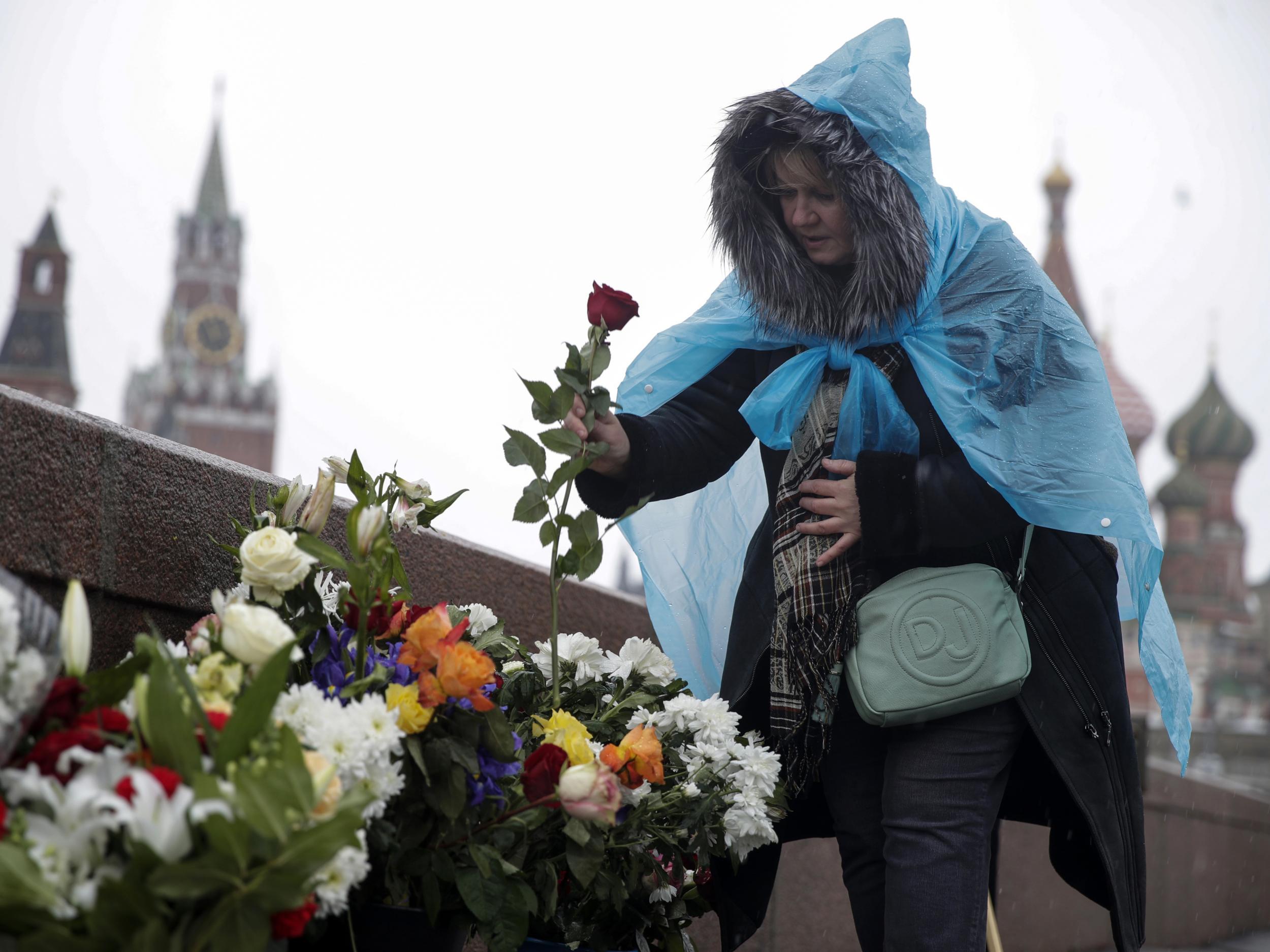
Just three years earlier, Nizhny Novgorod was decidedly off-limits to foreigners. This once great trading city built at the confluence of two rivers Oka and Volga was made a closed city in 1959. The fear had been spies, but it often resulted in the ridiculous. Tourist boats travelling along the Volga river had to pass the city at night. A foreigner on a river cruise trip would wake up without knowing they had travelled through the Soviet Union’s third most populous conurbation.
The Soviet spy paranoia was not without base. Ever since the Second World War, Nizhny Novgorod has been a major centre of the Russian military industrial complex. The city produced tanks, submarines and the secret, cutting-edge technologies needed to drive them. The city was Detroit, Seattle and Houston all rolled into one.
The vast majority of the city’s adult population worked in industries deemed so secret they were never referred to by name but an obscure “post box” number.
The activist and journalist Svetlana Kukina worked in one such box. She recalls how she was forced to sign a contract to say she would not interact with foreigners for five years: “It wasn’t clear where I could find a foreigner in Nizhny Novgorod. It wasn’t the World Cup back then. We didn’t have these tall, blond, drunk, beautiful Swedish fans breaking everyone’s hearts.”
Another man to have worked in the region’s secret enterprises was Andrei Sakharov, a personality of historical proportions. One of the fathers of the hydrogen bomb – he designed the compact structure that made them possible – Sakharov later became an anti-nuclear campaigner and a leading dissident against the Soviet regime. After he moved to Moscow, his increasingly open criticism of the Soviet leadership resulted in a period of enforced internal exile back in Gorky, as Nizhny Novgorod was then known.
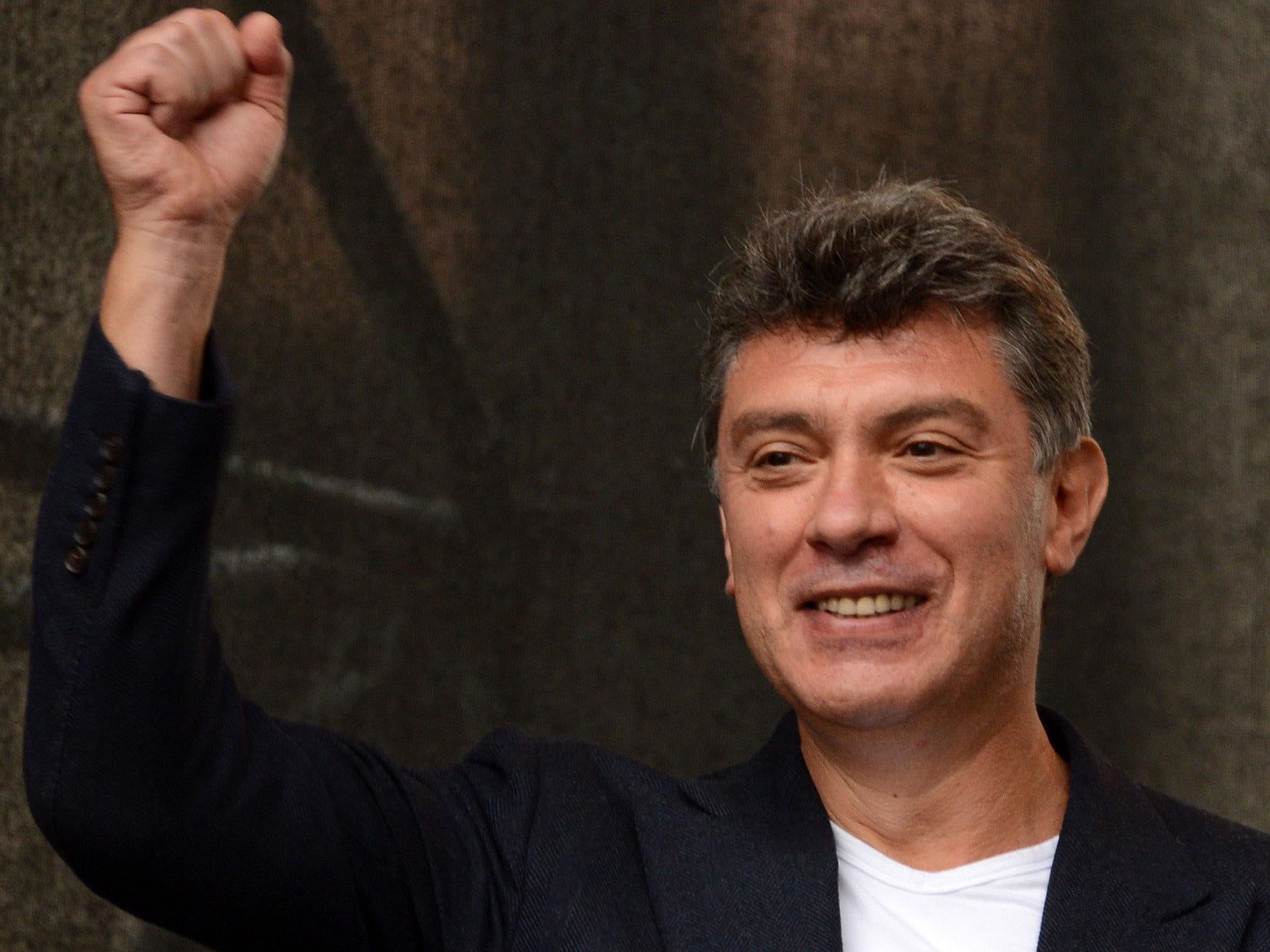
From 1980 to 1986, Sakharov lived with his wife and fellow activist Yelena Bonner in a nondescript but comfortable four-bedroomed flat on the outskirts of the city. With two monitoring posts outside his house, and a propaganda campaign that told people he had been exiled for “slander against his nation”, the scientist and his wife were essentially cut off from the public. For several months Sakharov went on hunger strike in a protest to get authorities to allow his wife to travel to the west for medical treatment for her heart. The authorities relented, but not after force-feeding him through his nose.
The great academician’s isolation ended only in 1986 when Mikhail Gorbachev called to say he would be allowed to return to Moscow. A phone line was installed specially for the call. A cause celebre for Western governments, Sakharov would later meet Thatcher too on a trip to Moscow in 1988.
Along with Boris Nemtsov’s untimely demise, the dissident’s story adds to the distinctly sad underbelly of the city. Nemtsov met Sakharov only once, in 1988, when the then up-and-coming politician interviewed him in Moscow as part of a campaign against the building of an atomic power station. But the two men almost lived parallel lives. Both former scientists, both determined activists, both courted by Thatcher.
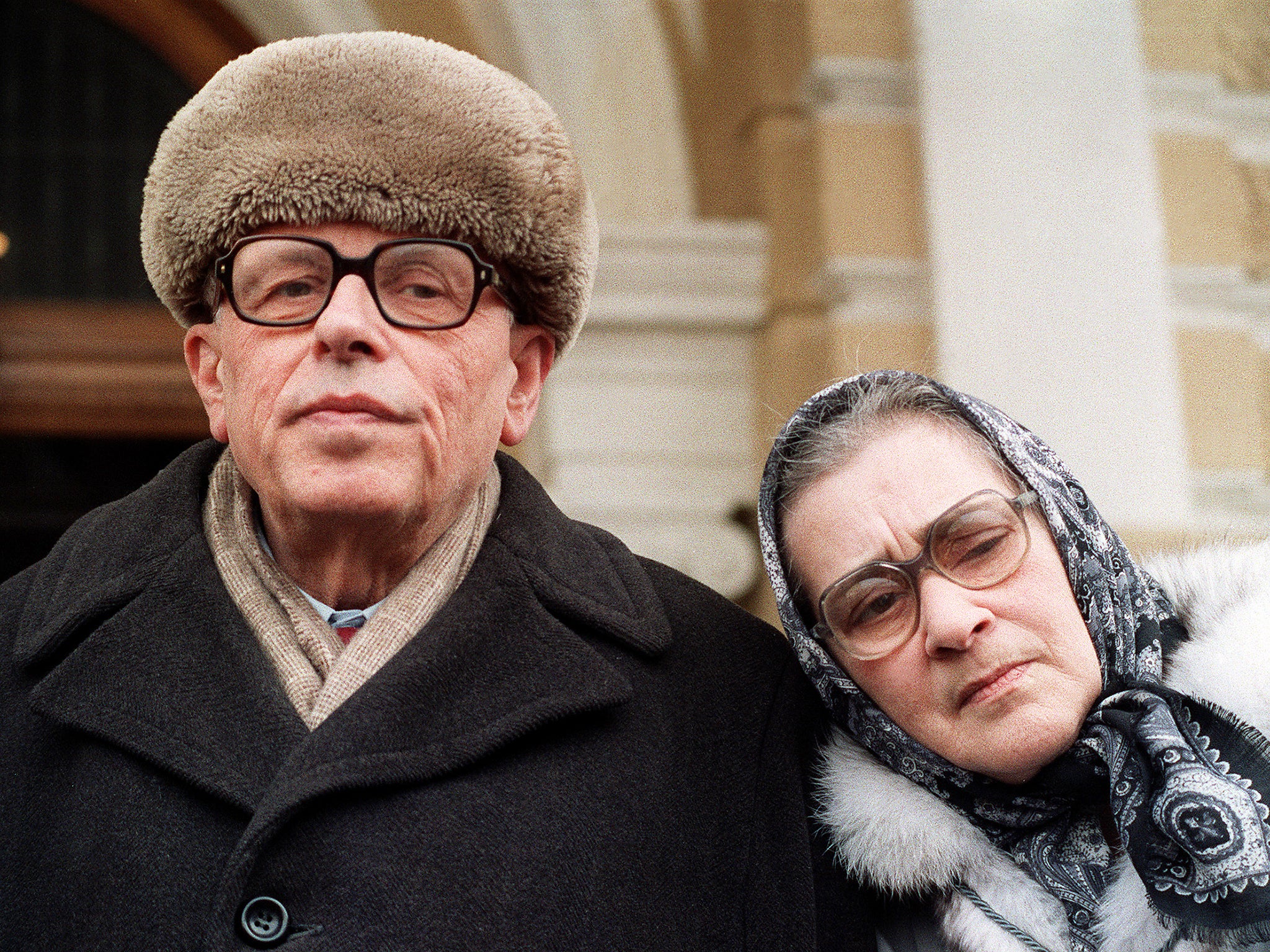
“Our city is a place of exile, and that should make none of us happy,” says Lyubov Potapova, the director of the city’s Sakharov museum based in the dissident’s own flat. “Sakharov’s torment is part of the history of our city. It is what makes our town unique, distinct, unmistakable.”
It was this that made the Thatcher visit to Nizhny Novgorod in 1993 all the more remarkable, says Kukina.
“She was standing right here, talking in English, alongside Boris Nemtsov, the man who gave our city the concept of freedom
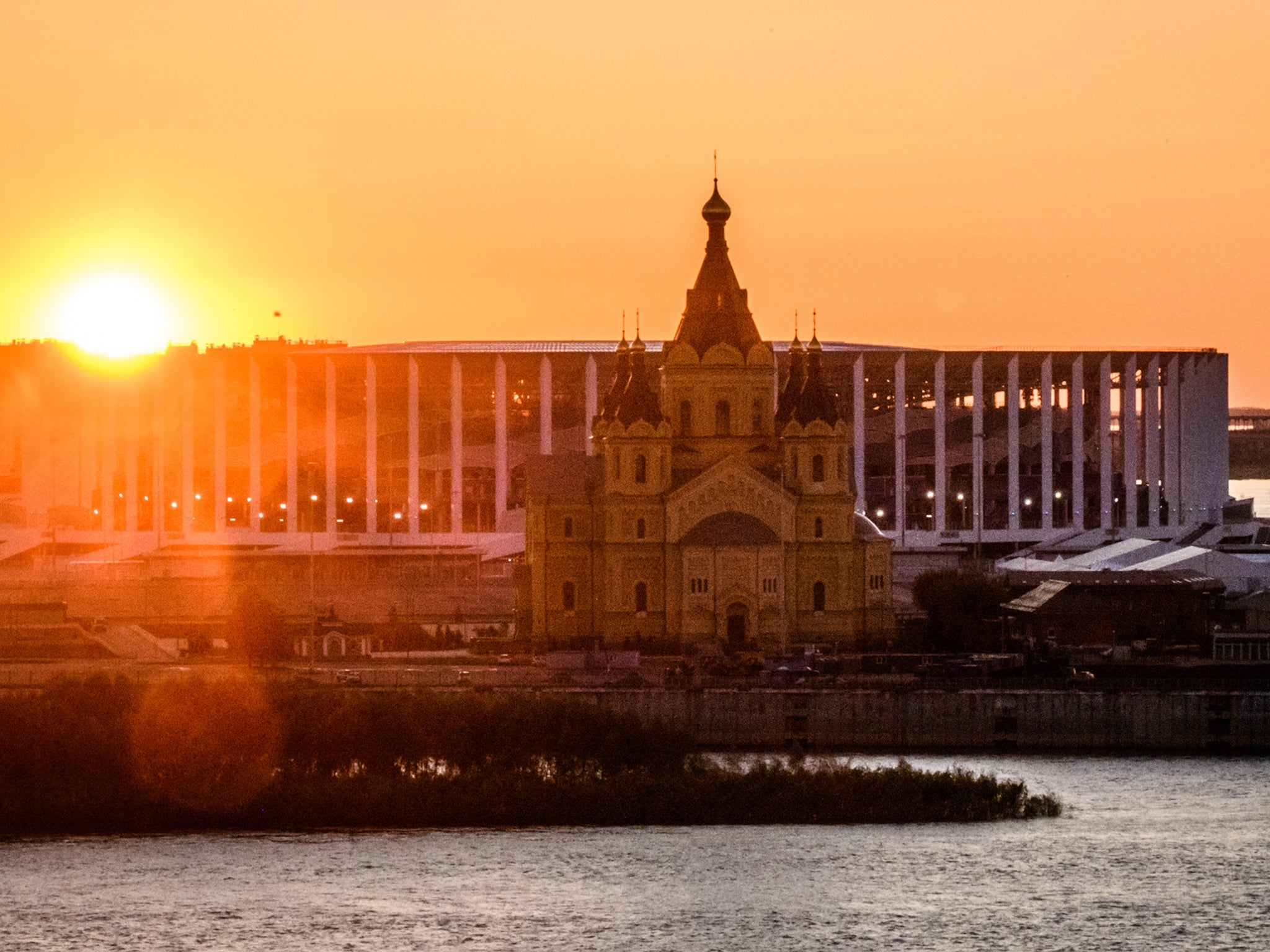
By the time the city was chosen as a World Cup venue, Nizhny Novgorod was neither the leading trading town, nor the closed Soviet city, nor the Nemtsov-inspired reform outpost it once was.
Paradoxically, the very moment the reform city opened up was when it became its most uncompetitive. Even inside the country, people literally forgot it existed. Russians knew about Gorky, the Soviet name, but they frequently mixed Nizhny up with the more ancient Novgorod, 800 km northeast. There are tales of businessmen buying the wrong train ticket as a result. The city slipped from being the country’s third to its fifth. Crime, drug, pollution and other social problems have blighted the city.
Few locals speak well of the post-Nemtsov governments. The longtime mayor of the city, Oleg Sorokin, accused of corruption, has been imprisoned awaiting trial. The longtime governor, Valery Shantsev, a man who served in the notoriously corrupt Moscow government under Yuri Luzhkov, was in place until recently.
Shantsev was known locally as “the bulldozer” on account of his political style and fondness to raze historical buildings for tacky grand designs. “He was governor, czar and god all at once,” says Yuri Nemtsov.
Eight months ago, with the World Cup bearing down, Moscow sent a new technocratic team to the city. These new arrivals have helped to give Nizhny Novgorod “a slither of hope, a chance”, says the documentarian Nemtsov. Few expect the Kremlin’s men to deliver on freedoms, but they have helped the city put on a lick or two of paint in advance of the tournament. There is a new 44,899-seater stadium, an elegant structure built at the city’s stunning “arrowhead”, as the confluence of the Oka and Volga rivers is known locally. There are fancy new hotels and restaurants. Many of the pot-holes in the roads have been fixed.
But the signs of decay are never far away. On the central Gorky Square, the main iron statue may have been repainted in black, but the pavement is covered in cracks, filled with cigarette butts and weeds. Zigzagged stones are closer to an assault course than a staircase. The buses that circle the square, already several decades old, are falling apart. The same is true of buildings: the structures that could not be repainted in time have been covered in Potemkin canvas facades that fool nobody on close inspection.
The road ahead for Nizhny Novgorod seems tough, especially if investment in the city is not maintained at World Cup levels.
“The history of Nizhny is one of what ifs. The city was better placed than Moscow to become Russia’s capital. The city could have become an open hub for trade. For tourism.” says Nemtsov.
“But the sad fact is this: We needed the prospect of a few visitors to begin to clean up our own mess. We got used to living in our own s***.”
Join our commenting forum
Join thought-provoking conversations, follow other Independent readers and see their replies
0Comments